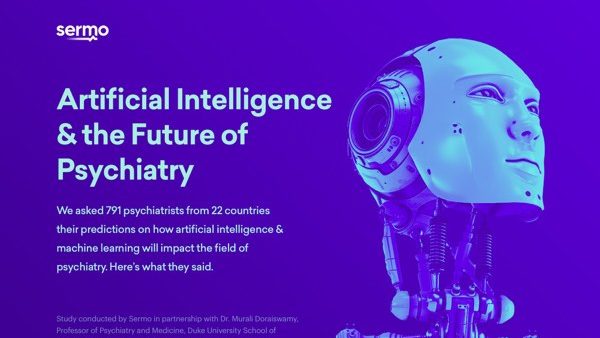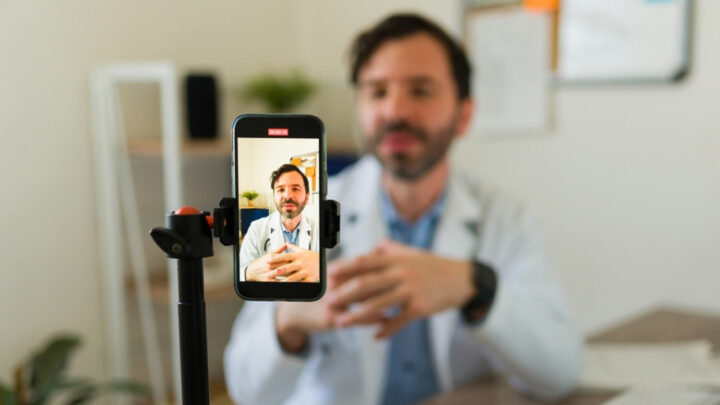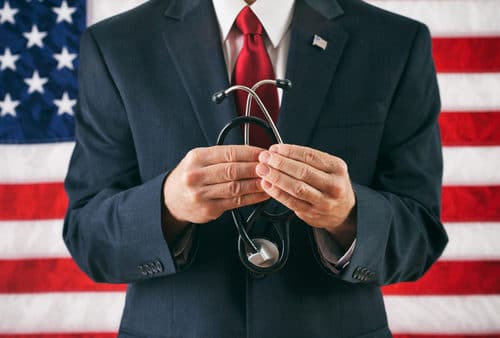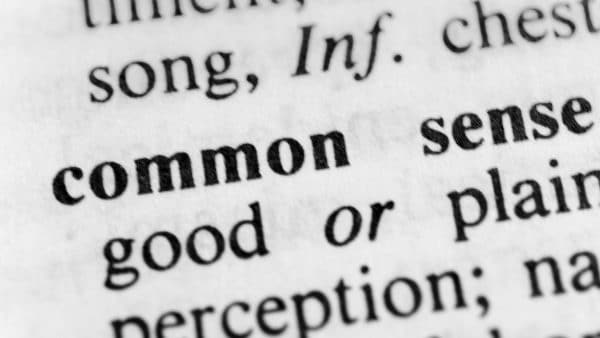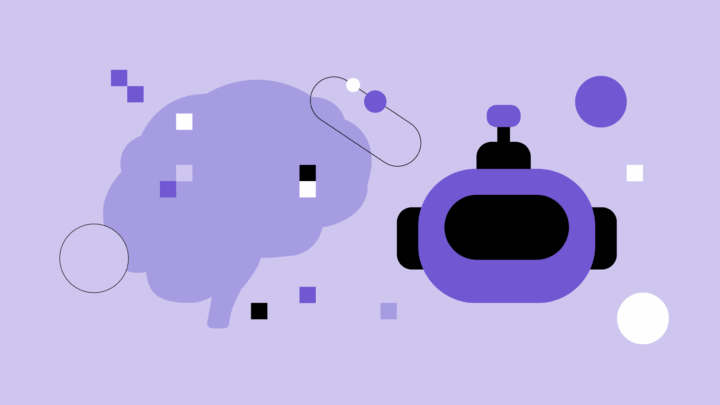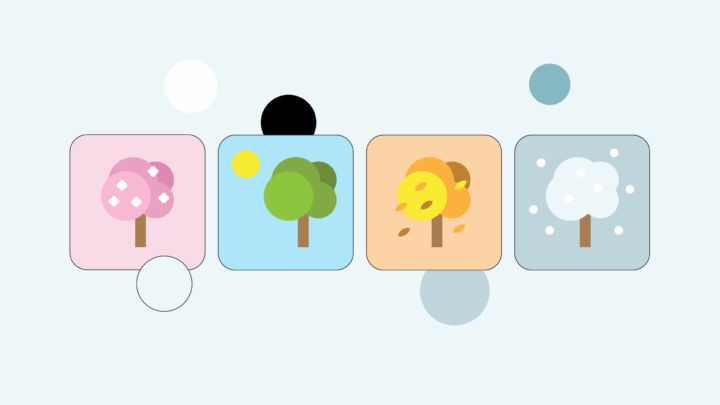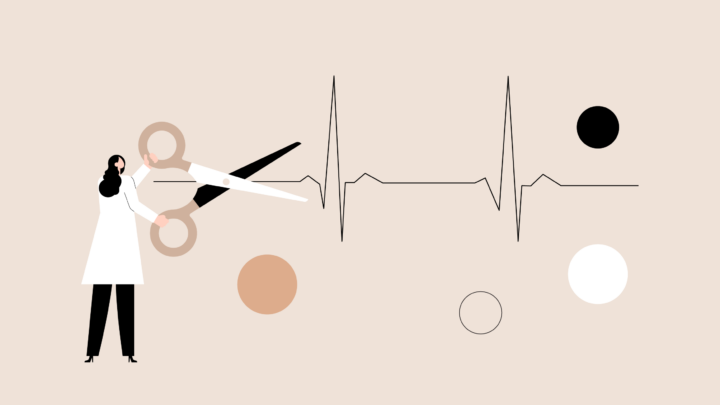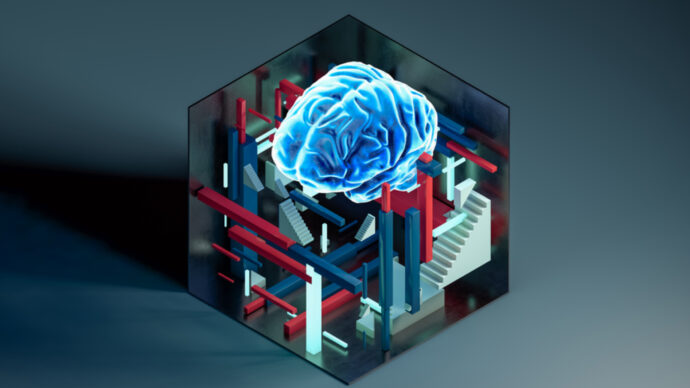
ChatGPT is an artificial intelligence chatbot—GPT stands for “Generative Pretrained Transformers”—platform that is designed to understand, interpret, and manipulate human language.
Since its release in November 2022, this tool has experienced enormous momentum and an exuberant social media following. Already ChatGPT has passed the U.S. Medical Licensing Examination, a task that normally requires medical students to spend hundreds of hours studying after years of graduate school. And this is still the beginning.
But will ChatGPT be the next big thing in healthcare? Or will it endanger patients and disrupt physicians?
AI in healthcare
Artificial intelligence has been a popular topic in healthcare for over a decade. Visions of computers diagnosing medical images, or assisting in complex surgery are slowly transitioning from science fiction to reality. Not without trepidation from the medical community.
A recent Sermo poll reports only 12% of physicians rate AI for patient care as the healthcare technology that they are most excited about for 2023. While technology is a critical component of advancing medical practice, safety and reliability are fundamental tenets we must not ignore.
When giving ChatGPT a command, the system is pulling data from across the internet to determine what words make the most sense to fulfill the prompt. This makes the program incredibly adept at guessing which words most likely work in the scenario but presents limitations in accuracy and scientific credibility—huge red flags.
Use cases like populating templated and repetitive forms in medical settings might better fit the current competency of this tool.
What are physicians’ thoughts on ChatGPT?
Physicians have mixed feeling about ChatGPT’s use in healthcare. According to a recent poll on Sermo’s physician platform:
- 34% report being excited, 24% nervous, and 39% a little bit of both (n=176).
- 76% see the potential that ChatGPT could offer to physicians and other healthcare workers (n=165)
- 83% are concerned that ChatGPT and other AI platforms could perpetuate biases that may lead to morbidity and mortality (n=161)
- 73% of physicians feel their patients would be open to using ChatGPT if it allowed them to get a more timely response (n=162)
The top categories physicians identified that they would use ChatGPT for are research/diagnostics/treatment (39%), patient care and delivery (27%), and clinical and non-clinical workflow (27%) (n=210). The non-clinical and administrative workflows are also popular online.
Physicians are already posting about their experiments using ChatGPT as a new time-saving tool. One clinical user asked ChatGPT to write a sample letter to a medical insurance company to explain why a patient should be approved for treatment. And the program delivered, impressing the US-based doctor.
Reactions to this use case prompted another physician to imagine how ChatGPT might be more adept at generating patient-friendly descriptions of procedures, instructions, and on-call schedules.
Other initial use cases floated online included summarizing medical records based on patients’ family history, symptoms and lab results, or analyzing research papers. Administrative tasks like writing emails, answering broad questions, or handling patient interactions for an office via appointments or FAQs also might exist in the future.
What’s the verdict on ChatGPT?
We have been hearing about AI in healthcare for many years now. Often new advancements are met with a healthy amount of skepticism, but sometime also overblown paranoia.
Anytime a new application switches from a theoretical promise to a practical application, we should be eager—but cautious—to begin. And only adopt after rigorous testing and all aspects are understood.
Picture the digitization of healthcare as the transformation of banking. No longer do we think human traders can beat complex algorithms on the stock market. Yet finance professionals use these systems as tools to inform their expertise and decisions, not replace them.
With the challenges and shortages in healthcare, any relief could make a difference. Time will tell, but in defined, small administrative task-saving roles, ChatGPT could become a common assistant for many medical providers. Or, much in the same way many consumers turn to Google for medical answers, ChatGPT might become a helpful tool on the consumer side.
Until then, we will be watching like the rest of you to see what new creative applications appear next!
On behalf of Sermo, thank you for checking out our blog post on how ChatGPT could impact the healthcare industry. This is just one of the many examples of physician research opportunities and insights available with Sermo.
At Sermo, we turn physician experience, expertise and observations into actionable insights for the global healthcare community. Engaging with more than 1 million HCPs across 150 countries, we provide physicians with a social platform that fosters impactful peer-to-peer collaboration & discussions about issues that are important to them and their patients. Sermo offers on-demand access to physicians via a suite of proprietary technology to provide business intelligence that benefits pharmaceutical, healthcare partners and the medical community at large.
Interested in learning more? Check back any time and follow us on Facebook, Twitter and LinkedIn for the latest and greatest in healthcare insights.
To explore our exclusive business solutions, please visit us at sermo.com/business or email us at business@sermo.com.





